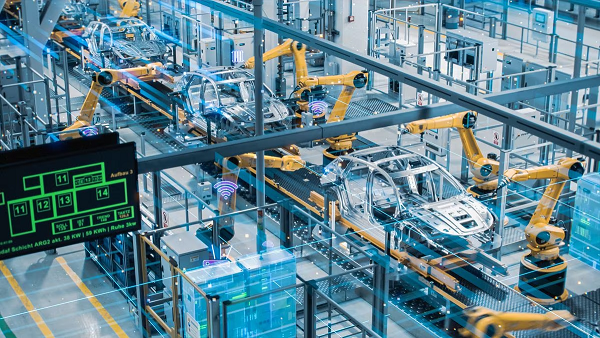Financial markets can be very welcoming to technologies that promise to change the world, but history is riddled with episodes of irrational exuberance. Investors were right about the internet but mistakenly rushed in to buy any technology stock associated with the nascent world wide web. The dotcom boom was the first bubble to burst in the 21st century.
Few doubt electric cars will dominate the roads before too long, but manufacturers like Lucid, Nikola and Rivian have had a forgettable year. These companies have failed to turn a profit and have struggled to catch up to Tesla, which can afford a protracted price war. They also face challenges from the rest of the deep-pocketed automotive industry, which wants a share of the electric-vehicle pie.
The two magic words these days are artificial intelligence (AI). Wall Street’s eyes show dollar signs for any company that dabbles in AI – it doesn’t even have to be a core business to trigger a stock price jump. News portal BuzzFeed provided the most surprising episode when it announced in late January that it would use OpenAI’s ChatGPT system to improve its surveys and produce some content, tasks currently performed by human employees. All hell broke loose, and the company’s downtrodden share price quadrupled in two days.
The euphoria soon cooled, and BuzzFeed lost half its market capitalization. It still trades at almost twice the price before its AI announcement, despite no indication that the move will substantially improve its finances. Comcast, a major BuzzFeed shareholder, didn’t see it as a panacea and took advantage of the price spike to sell shares and reduce its stake in the company from 24% to 15.5%. The selloff lost money for Comcast, which had bought BuzzFeed shares in 2015 and 2016 at much higher prices. Comcast’s willingness to take the loss shows that it’s not optimistic about recovering its investment despite the potential benefit of using ChatGPT.













